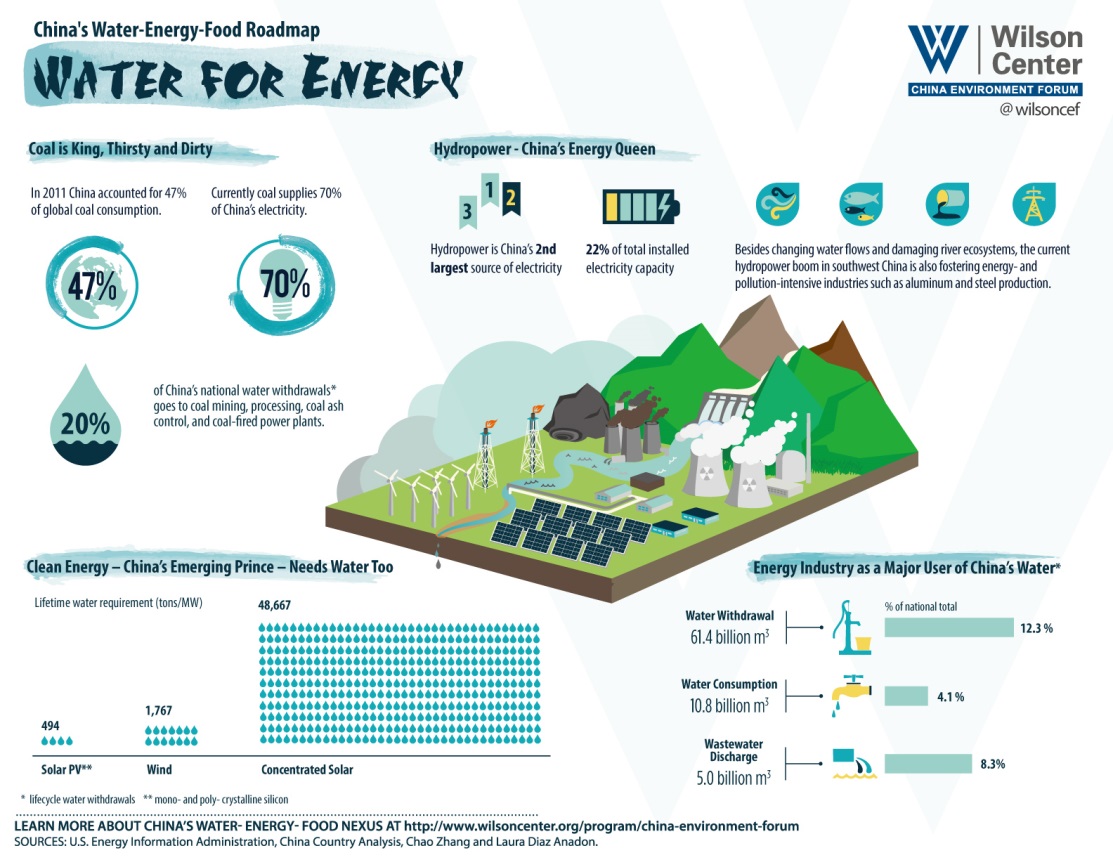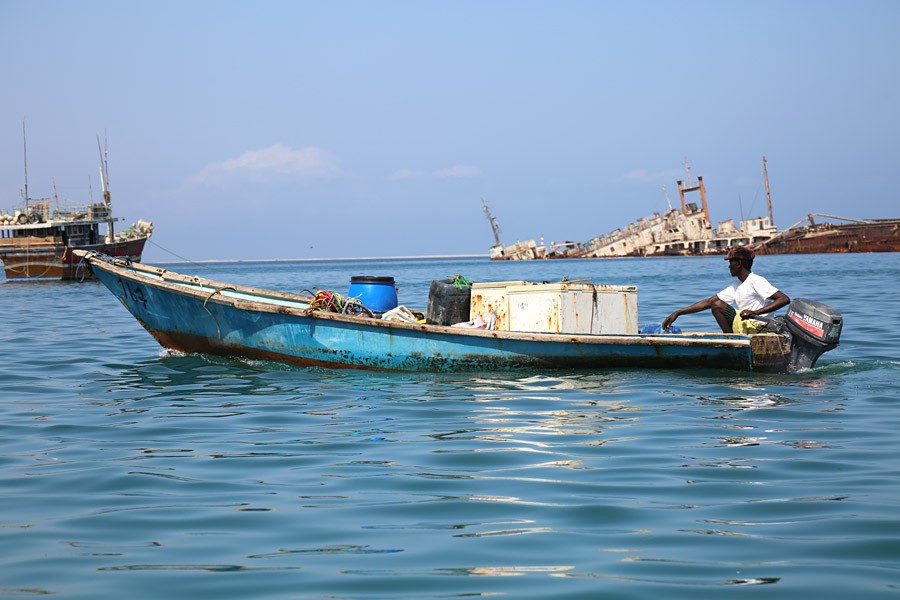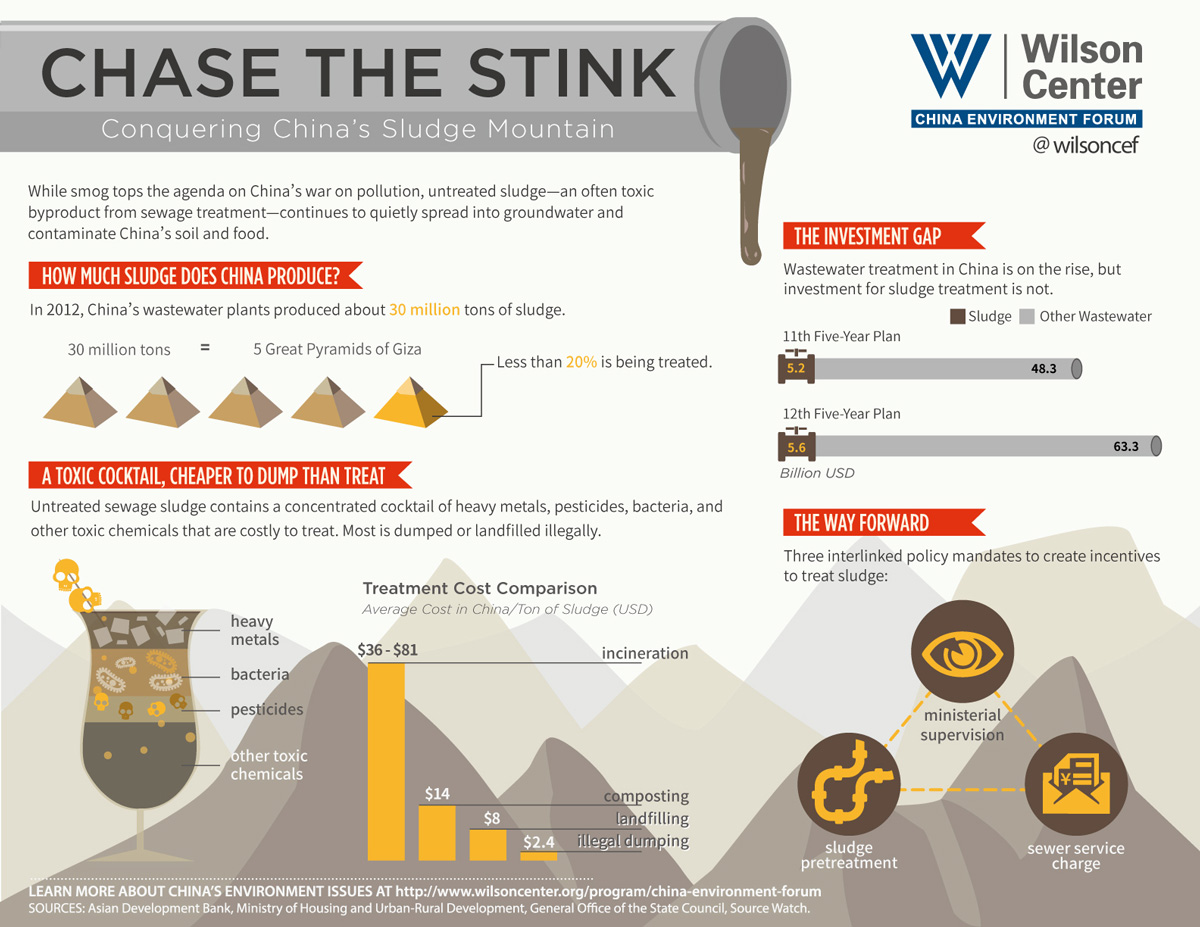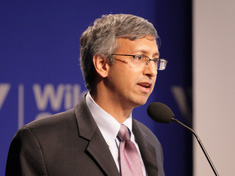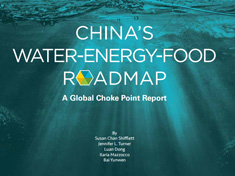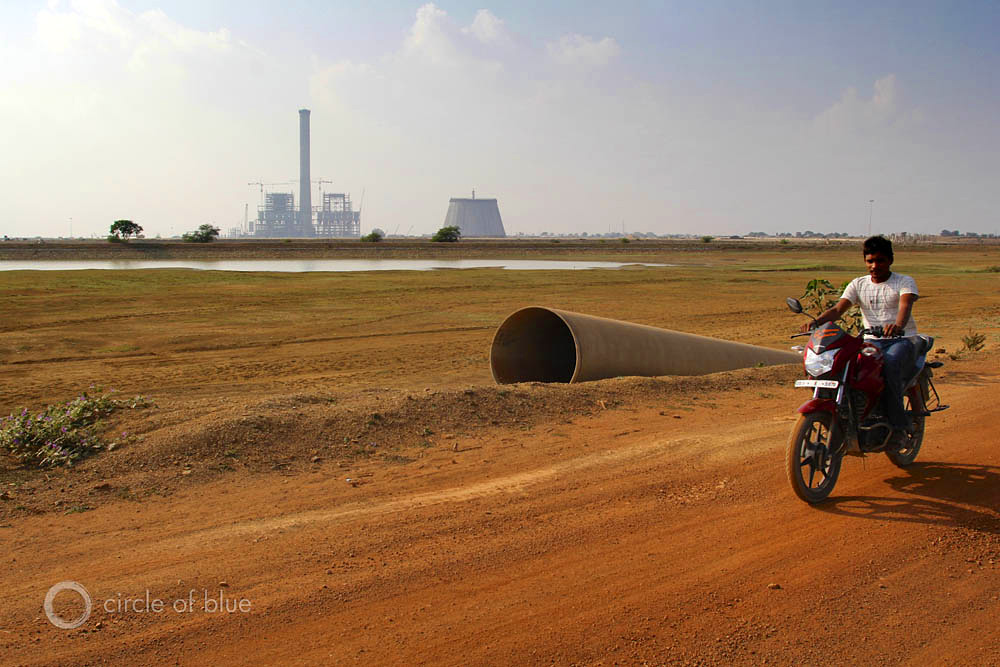-
Illustrating China’s Water-Energy-Food Choke Points [Infographics]
›Last month, the China Environment Forum released a new Global Choke Point report, China’s Water-Energy-Food Roadmap. To date, we believe this is the most comprehensive report on China’s interlinked natural resource insecurities – dwindling water resources in the face of growing energy use and increasing food demand.
-
Blockade of Yemeni Ports Has Unintended Consequences on Food Security, Somali Fishing Industry
›Hundreds of Yemenis have been killed since Houthi rebels overthrew President Abdu Rabu Mansour Hadi at the beginning of April. The instability next door has led Saudi Arabia to intervene with a bombing campaign and, most recently, impose a blockade of Yemen’s port cities to cut off what they claim is Iranian resupply of rebels. Besides blocking weapons though, the blockade is also having a major impact on food security and food assistance, and is even affecting livelihoods in Somalia.
-
New G7 Report Highlights Climate Change and Fragility as a Foreign Policy Priority
›
At the close of a meeting of G7 foreign ministers in Lübeck today, ministers announced a stronger collective commitment to tackling climate-related risks in states experiencing situations of fragility.
-
Infographic: Conquering China’s Sludge Mountains
› -
Not Enough to Go Around? Tensions Over Land Threaten to Boil Over in Burundi
› -
“A Once in a Generation Moment”: Manish Bapna on the Sustainable Development Goals
›
“The thing that is most gripping about the SDGs is their desire to be much more transformative in terms of what they mean for the planet,” says Manish Bapna, executive vice president and managing director of the World Resources Institute, in this week’s podcast.
-
China’s Water-Energy-Food Roadmap: A New Global Choke Point Report
›
The creation of a water-energy research initiative in the landmark U.S.-China climate agreement last fall could be the beginning of a new and different path for Sino-U.S. collaboration.
-
What Can Be Done to Strengthen India’s Natural Resource Management? [Part 2 of 2]
›
For two years, the Wilson Center and Circle of Blue have explored the contest for food, water, and energy in India and the troubling ways it plays out across the country. In part one of this series outlining our findings, we explained the basics of India’s natural resource management choke point.
Showing posts from category food security.


